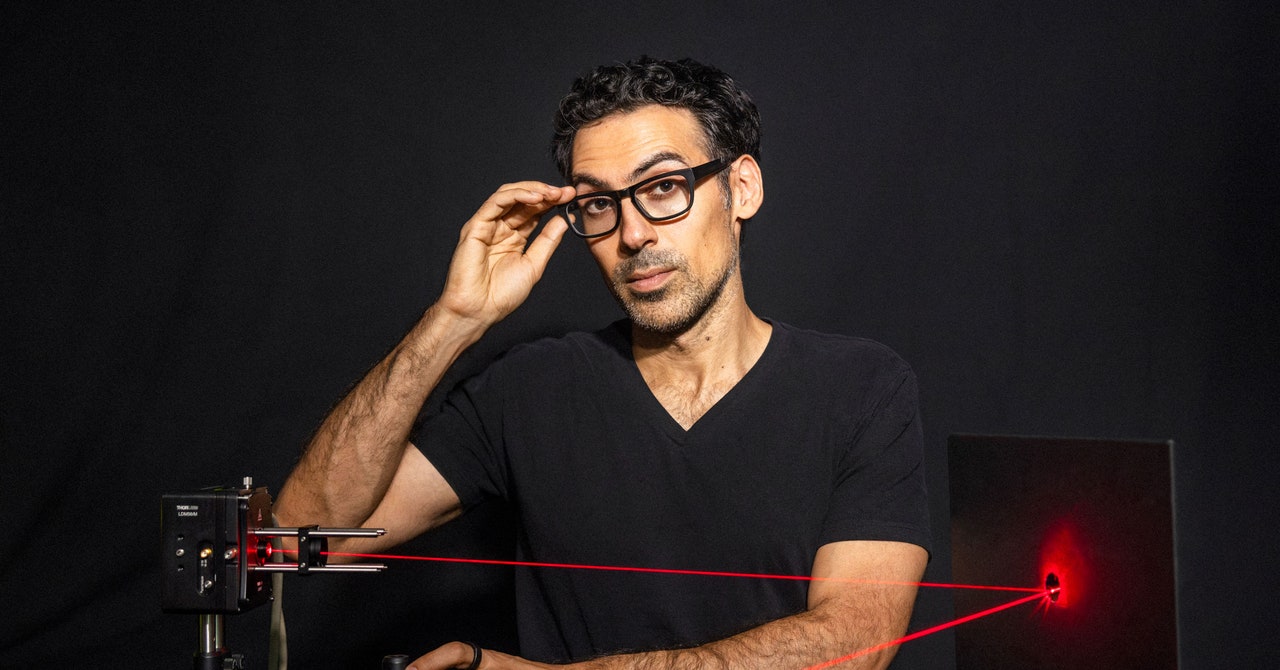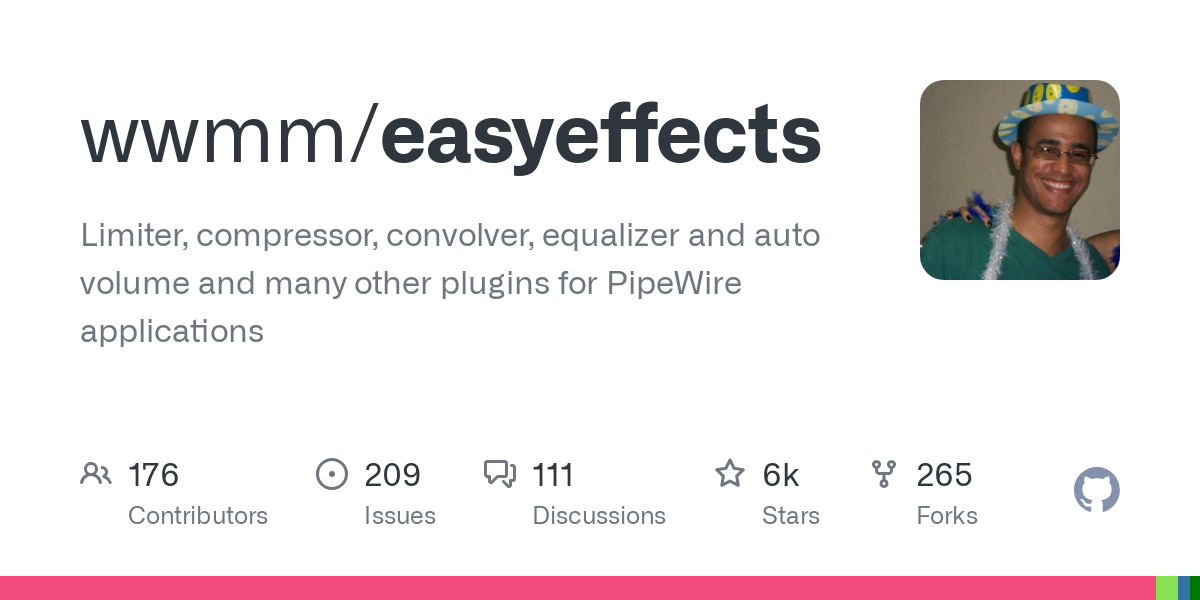It might not be autism, it might be just lacking context as to what they mean. The kid is likely very young so they might not know what alphabetical order means. It’s a reasonable guess given the lack of explanation in the worksheet.
- 19 Posts
- 725 Comments

 5·22 days ago
5·22 days agoI don’t think the book and program examples are equivalent. You can edit a manuscript easily but it’d be a big headache to edit a binary program either through a hex editor or decompiling it and figuring out what it all does. I think an equivalent would be receiving the finished source code, as though someone else coded it for you.
Anyway, if it’s a personal project I want to do for the sake of it, then no, I like the process and the amount of control. If it’s something I’m only doing because I want the end product then maybe, but would have to decide on a case by case basis.
I don’t think any of those types of guns count as “non-violent”. None of the movements that have been the most effective have been strictly non-violent. You don’t have to be killing people at every action you do, but all the most effective movements have been willing to strategically use violence whenever the situation calls for it. Every strictly non-violent movement I’ve seen has simply been shooting themselves in the foot. When you’re shot at, shoot back, or you’re a coward obsessed with losing.
Shooting cops with guns.

 12·27 days ago
12·27 days agoOn duckduckgo.com it’s unfortunately enabled by default though. You have to go out of your way to set your search browser to noai.duckduckgo.com if you want default AI disabled (which you’ll want on e.g. private browsing windows/any browser that autodeletes cookies when you close it). It’s extra hassle because most privacy web browsers use DDG by default, not the noai subdomain.

 33·1 month ago
33·1 month agoAuto upload to a remote location (e.g. VPS), ideally somewhere out of the country to really minimise chances of deletion. Could also have it auto upload to several places. You’ll need good enough internet connection to upload it though, so if they’re using signal jammers at a protest that could be a problem.
In terms of preventing deletion on the phone itself, you can’t really stop them from “losing” your phone, even if they can’t get into it.

 11·1 month ago
11·1 month agoI didn’t say it categorically wouldn’t happen, just that if that was the person’s real intentions then they’ve been very stupid about it. If you’re going to commit a murder don’t create evidence pointing to you. Like the other commenter said, a gun and self defence skills will cover you in both cases.

 6·1 month ago
6·1 month agoI’m a she. But yes, I think arming yourself is a good idea regardless of the likelihood you’ll need it.

 602·1 month ago
602·1 month agoGet a gun and learn how to use it.
But as other commenters have said, if he was actually intending on killing you, it’d be real stupid to call you in advance to say so. Most likely just wants to scare you.

 6·1 month ago
6·1 month agoIf you can’t feasibly vet the code yourself (I think it is feasible for things like scripts and other small projects) and the star count is low/it’s not already well known and trusted, probably try running in a VM first and look out for signs of it doing things it shouldn’t, e.g. if it’s sending HTTP requests to the internet despite it being a program that should be completely offline. Using things like AppArmor and SELinux to prevent programs from doing things they shouldn’t need to do is also good practice.
Also, the tool itself may be low star count, but is the developer known at all? Someone with any kind of a reputation wouldn’t risk putting malware on their profile.
I suppose you could also look at the list of dependencies of the program. Is it using any libraries that don’t make sense? e.g. with the above, is there some kind of HTTP request library being used for a program that shouldn’t need to access the internet at all?
I think generally the risk is quite low as the author would be hiding their malware in plain sight if the source code is available. They’d have to bet on literally nobody checking. Which is fine for very obscure projects, but if you want your malware to spread, you want a good number of people to use it, at which point someone would presumably look at the code and notice it’s malware.
The key was published in the files. It’s not suspicious to use the key given that it’s public info; it’s not illegal to read the released files.
10 years old is 2016. That’s not that old. I still have multiple devices from 2017 going strong, and they don’t feel old.
That’s why you don’t keep clothes if you wore them while committing a crime. Burn them.

 14·1 month ago
14·1 month agoHow do you like your carrots? Whole, chopped in a certain way?

 3·1 month ago
3·1 month agoI do actually not find buffalo flavoured things (I don’t eat buffalo wings but I do buffalo cauliflower & tofu) spicy. And yeah I like to add hot sauce to foods that are not already spicy, but if they are already spicy I don’t add hot sauce.
I don’t think my spice tolerance is crazy tbh. I’ve definitely eaten things that were too spicy for me. I tried the Buldak 2× spicy and found it nice but once I got to the end of it I was struggling. Still managed to finish it though.
Hot sauces are very variable in spice levels imo. Most of them I don’t find spicy at all, but some of them are so spicy that even adding a little bit to my food has ruined it before.
Is there something genetically different with people who enjoy this?
Probably. My parents are from a place known for their love of spice, though I mostly grew up in places that were very conservative on spice.
Get a carbon monoxide detector. Maybe that?

 6·1 month ago
6·1 month agoThe short arms thing is real as fuck. I’m 5’1 and am constantly inconvenienced by how short my arms are (elbows don’t reach armrests, can’t reach the back of the cupboard, can’t reach the corner of the kitchen countertop, etc). I think in a fight with a taller person they would have the advantage: faster due to longer legs and longer range arm reach.

 3·1 month ago
3·1 month agoUse trash-put and trash-cli.






It didn’t symbolise that. It symbolises the unity between the industrial proletariat and the peasantry. It’s not about different proletarian occupations; it’s about a class alliance between two working classes.
The peasantry doesn’t exist anymore in most parts of the world, but imo most people understand the hammer and sickle to symbolise communism anyway so it still works.